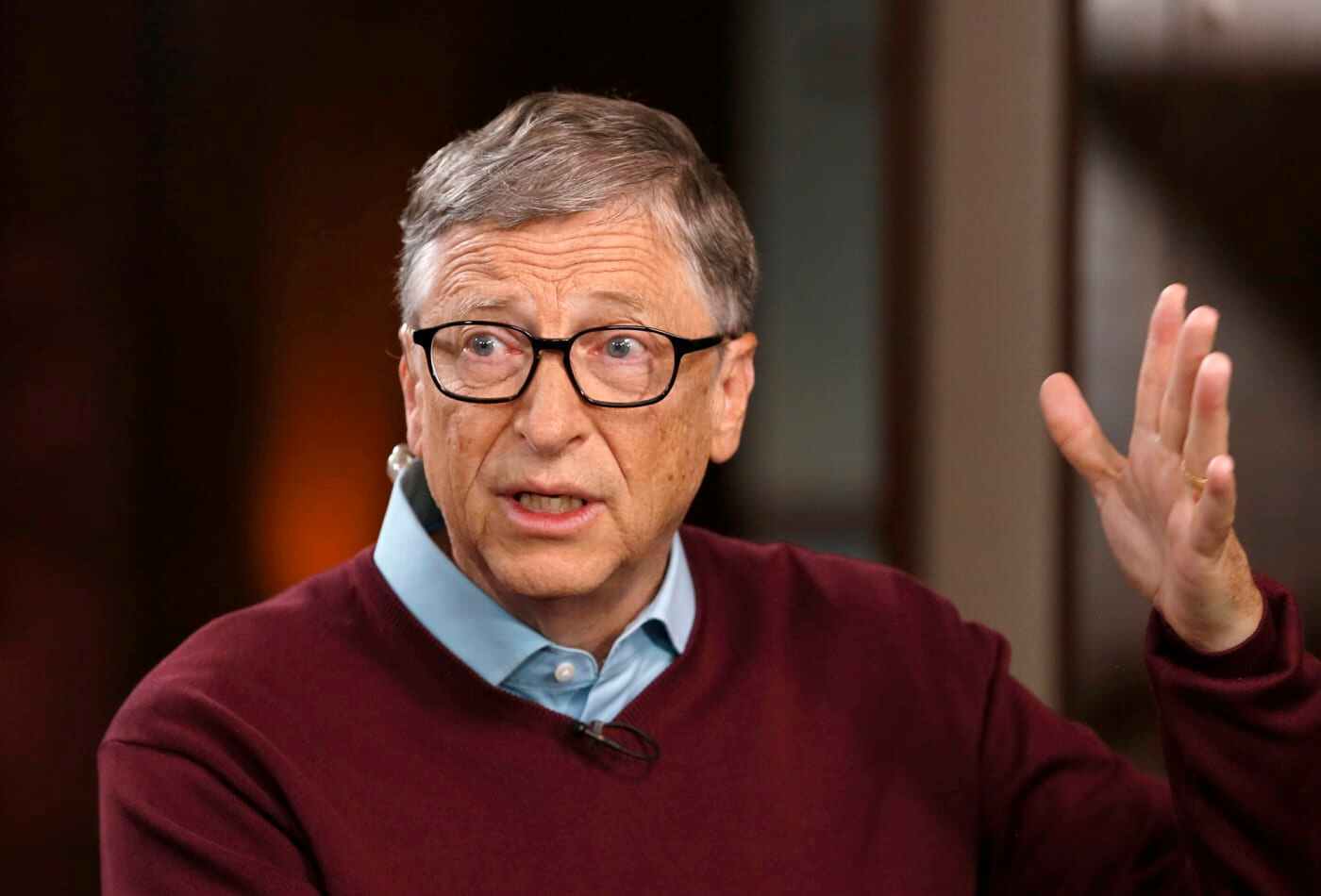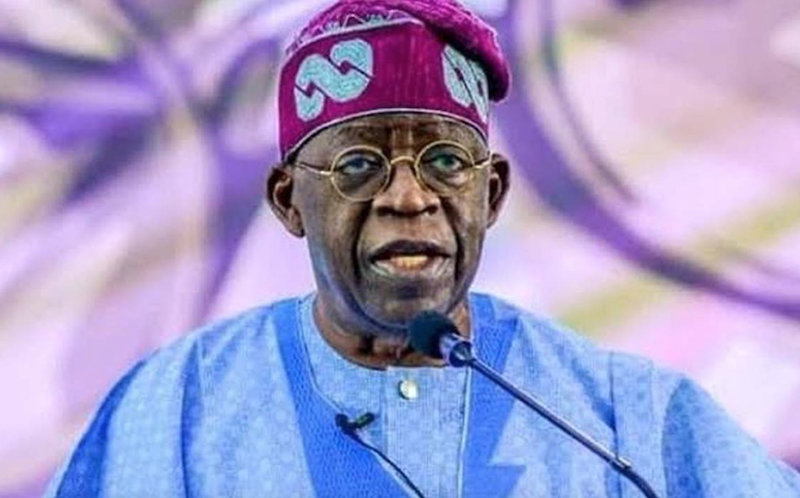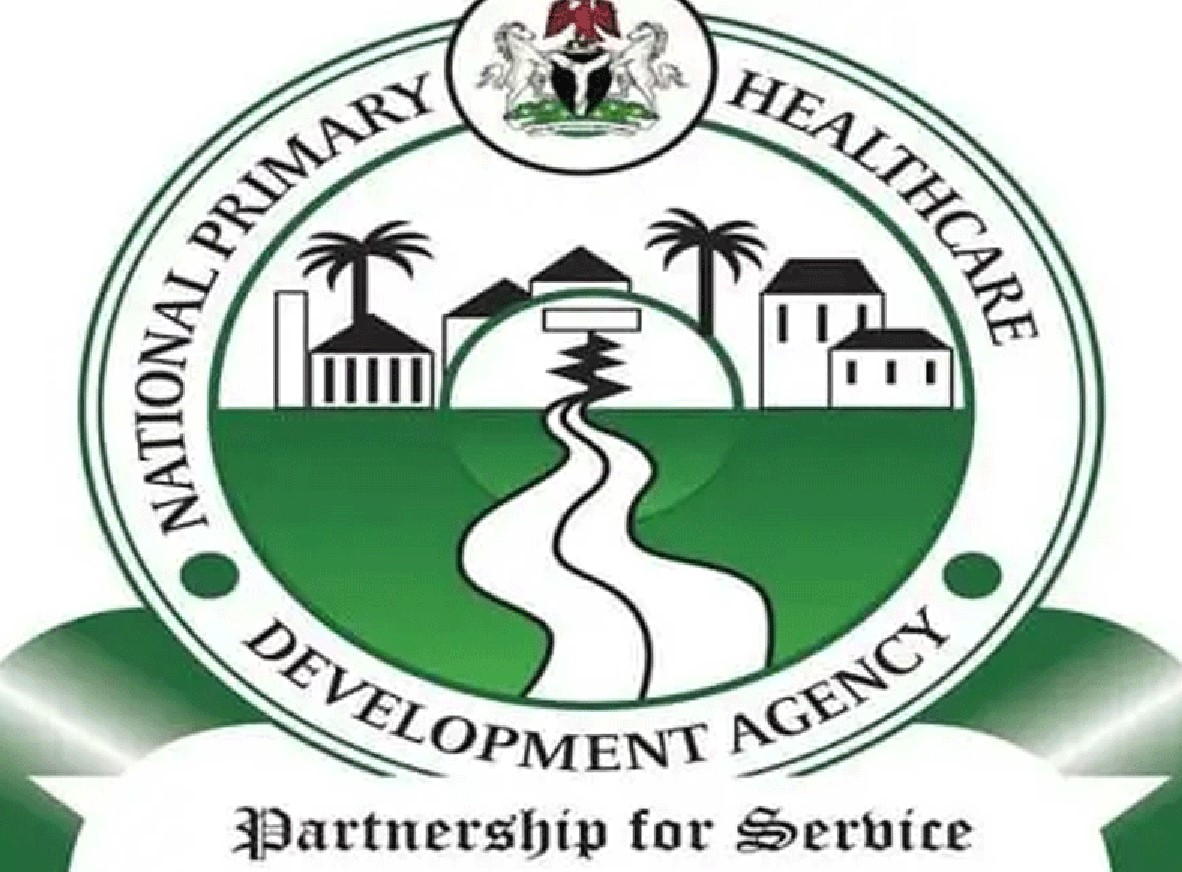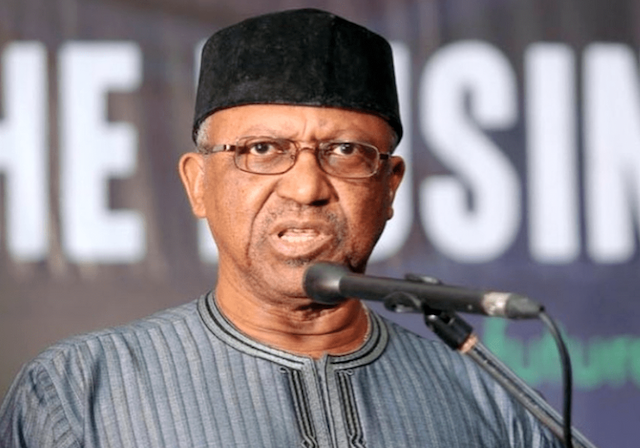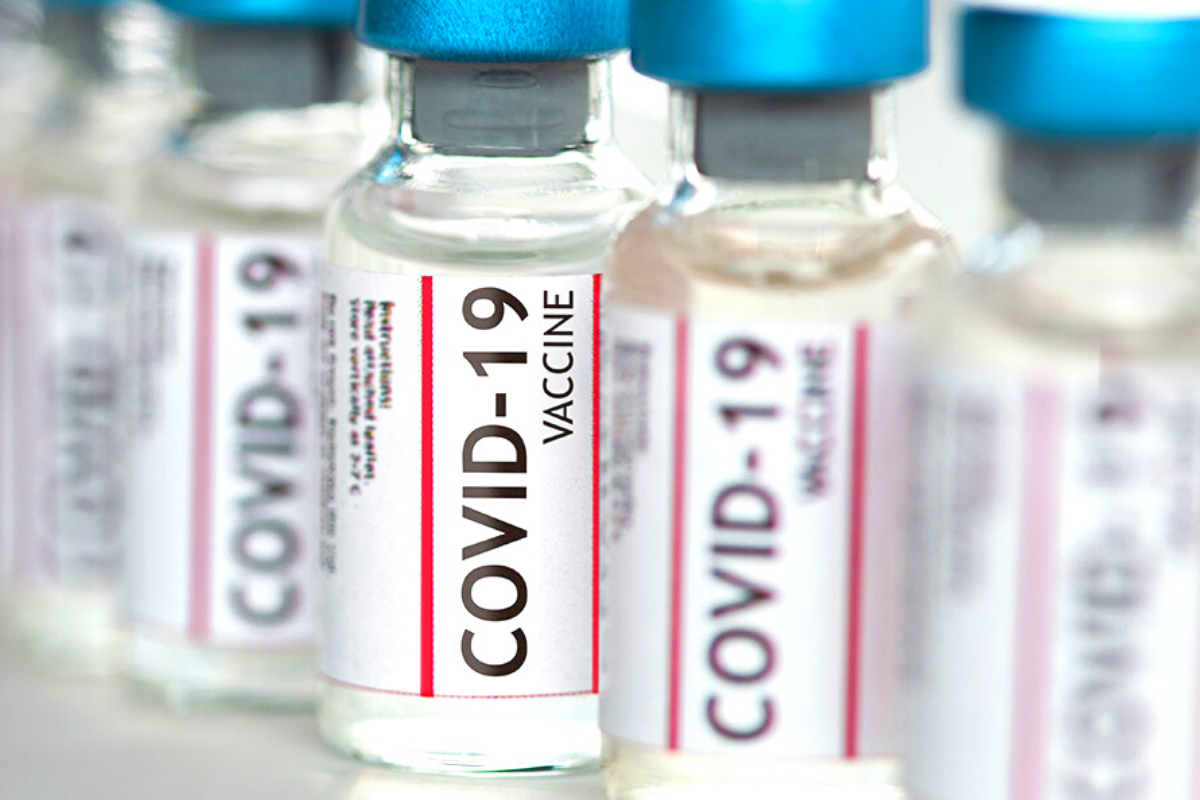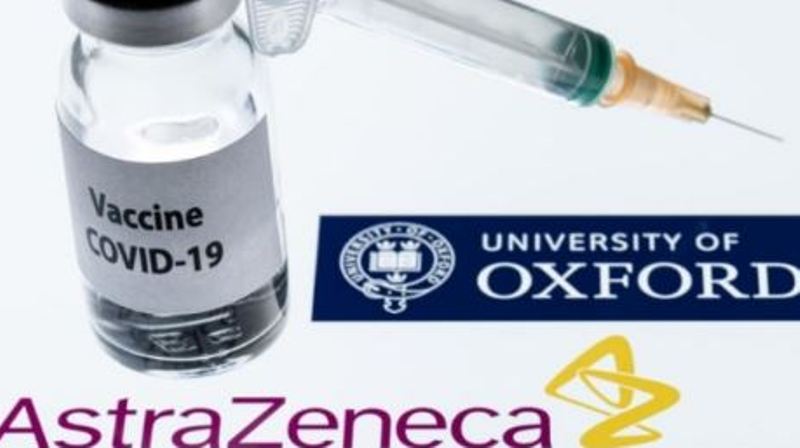Philanthropist, Bill Gates has highlighted the challenges associated with local vaccine production in Nigeria, citing regulatory complexities and economic scale as significant barriers. Gates, who is co-chair of the Bill & Melinda Gates Foundation, said this on Tuesday in Abuja during the Northern Traditional Leaders’ Committee on Primary Health Care Service Delivery (NTLC) quarterly review meeting.
The meeting was organised by the National Primary Health Care Development Agency (NPHCDA), where Gates discussed the broader landscape of local manufacturing within the health sector, suggesting that vaccines might not be the first choice for local entrepreneurs to focus on. While acknowledging the progress made in reducing vaccine costs globally, he suggested that Nigeria should prioritise the local production of other health products that could offer more immediate benefits.
“Vaccines are probably not the first thing they would choose to do because of the regulatory complexity and the scale economics. There are many other things in the health sector that should probably be higher on the list to ensure availability and cost are improved by local entrepreneurs,” he added.
He also recognised the significant achievements in Nigeria’s public health landscape, particularly the role of the NTLC in eradicating wild polio and successfully introducing the HPV vaccine. He said that the efforts had achieved 86 per cent coverage among girls between ages nine to 14.
Gates called for continued efforts to combat vaccine-preventable diseases, particularly in the face of new challenges like the circulating variant poliovirus type 2 (CBPDD2). He called for strategic improvements in the effectiveness of vaccination teams, emphasising the need for diligent and trusted individuals at the ward and settlement levels to ensure compliance and follow-up.
“The selection of the right people for vaccination teams is crucial. They must be diligent, trusted by the community, and capable of following up on cases of noncompliance. Where results are lacking, we must be ready to make necessary changes,” he said.
He also underscored the importance of routine immunisations in protecting children from diseases like pneumonia, diarrhea, and measles. He praised the Sultan of Sokoto and other leaders for their commitment to improving health outcomes and urged them to continue the cooperation to raise immunisation levels across the country.
Alhaji Aliko Dangote, Chairman of Dangote Group, also addressed the traditional leaders, emphasising the urgent need for enhanced efforts in the fight against polio. Dangote highlighted the crucial role traditional rulers play in eradicating the wild poliovirus and addressing ongoing outbreaks.
He called for a concerted effort to provide polio vaccines and, also, routine immunisations, health, and nutrition services in insecure areas. He urged the NTLC to spearhead a cross-border synchronisation exercise to bolster border vaccinations.
Dangote stressed the importance of holding traditional leaders accountable in achieving the goal of stopping the ongoing CBPV2 outbreak. He also announced the expansion of the Crown Community Engagement Programme aimed at improving community engagement and resolving vaccine non-compliance issues.
The Sultan of Sokoto, Sa’ad Abubakar III, expressed deep appreciation for Gates’ consistent involvement in Nigeria. The Sultan particularly commended the philanthropist for his frequent visits to Sokoto, which signify his ongoing commitment to improving the health and welfare of the Nigerian people. He commended the NTLC for their 15 years of dedicated work, particularly highlighting their success in significantly reducing polio in Nigeria by 98 per cent.
Alhaji Mohammad Gulma, Head, Kebbi State District of the NTLC stressed the importance of community involvement in the campaign. Gulma said that such can be achieved through close collaboration with village and ward heads, religious leaders, and other key community members. He highlighted their commitment to active supervision throughout the campaign, and addressing non-compliance through dialogue and accountability.
Alhaji Kabiru Alhassan, Head of Sokoto State District, discussed the growth of a community-based health intervention initiative, which has expanded from 19 to 95 participants. Alhassan emphasised the critical role of community health in improving healthcare access at the grassroots level. He said that the programme had successfully identified and tracked children needing care, managed cases of child malnutrition, and improved maternal and child health.
The meeting concluded with a reaffirmation from the NTLC to intensify efforts in supporting vaccination campaigns and addressing non-compliance issues to ensure that no child is left unprotected.
